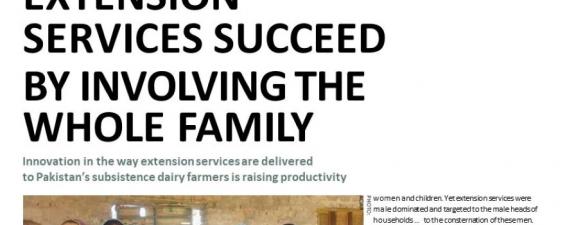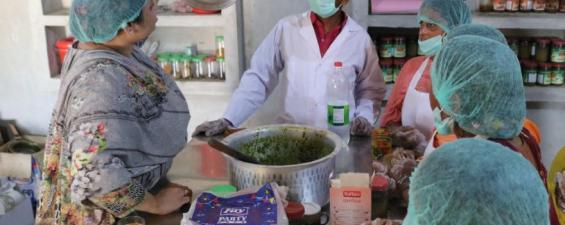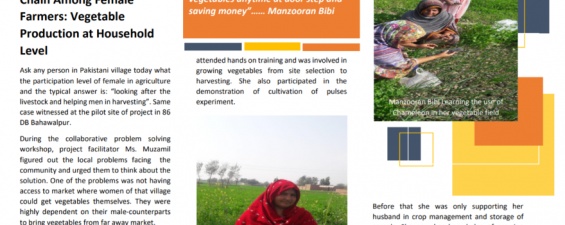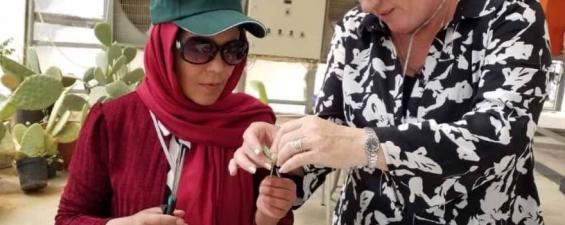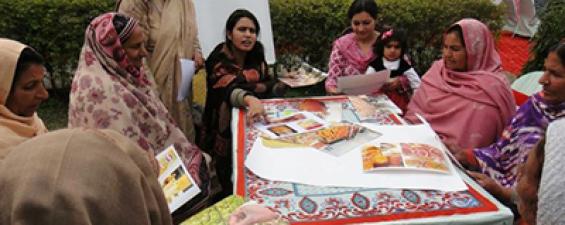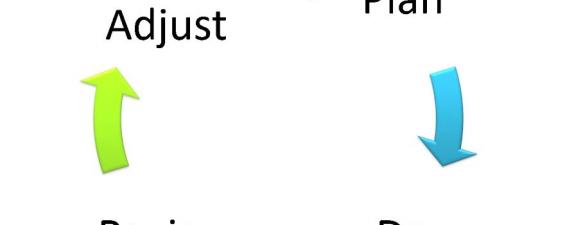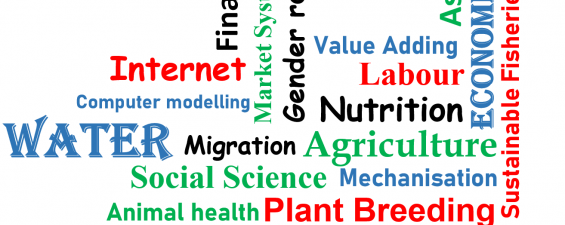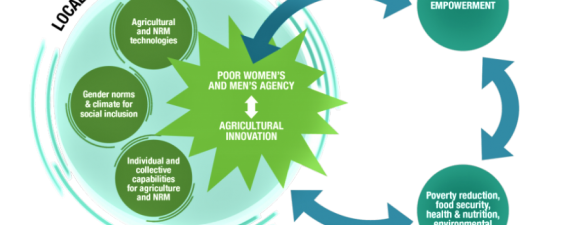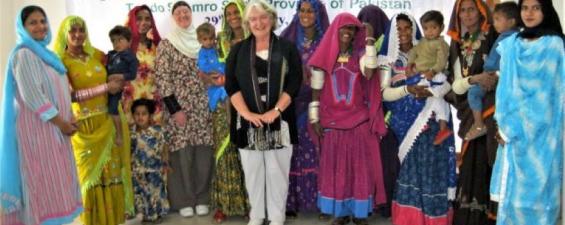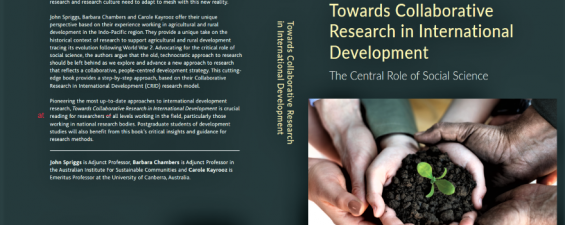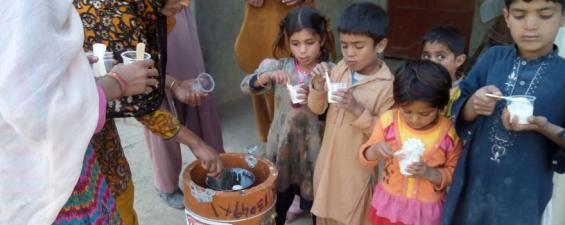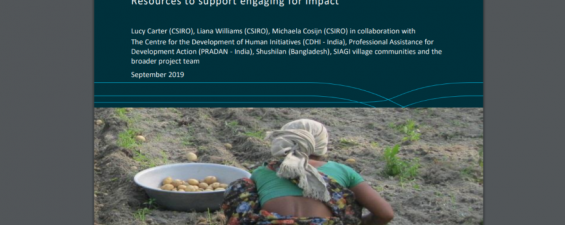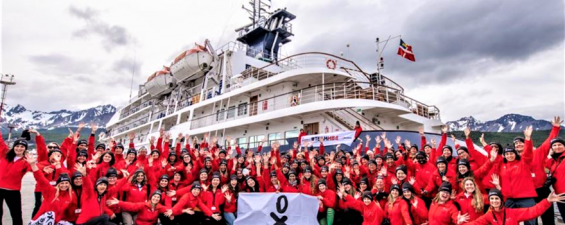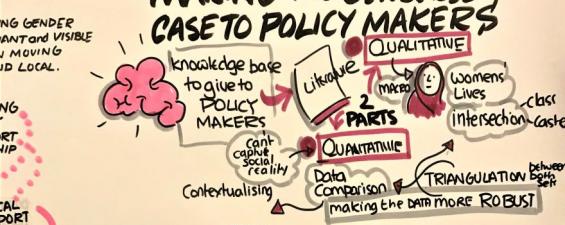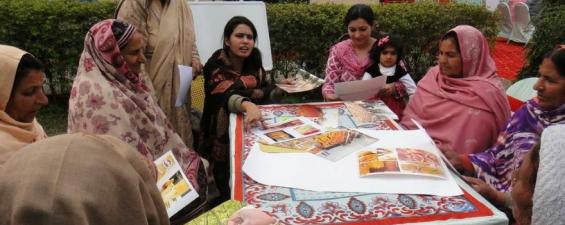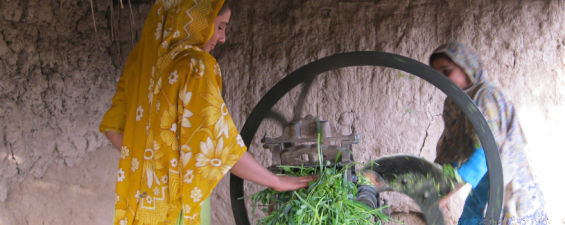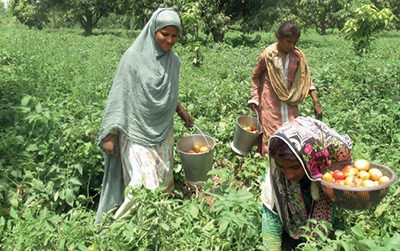 The target beneficiaries from ACIAR’s program are Small Farm Families. ACIAR is dedicated to human development through improving food security and reducing poverty among smallholder farmers and rural communities. Experience has shown that to maximise the benefits, biophysical research must engage with social research to facilitate deep understanding of communities. This includes addressing the often-hidden role of women and youth, who are often key to whether project findings can and will be applied.
The target beneficiaries from ACIAR’s program are Small Farm Families. ACIAR is dedicated to human development through improving food security and reducing poverty among smallholder farmers and rural communities. Experience has shown that to maximise the benefits, biophysical research must engage with social research to facilitate deep understanding of communities. This includes addressing the often-hidden role of women and youth, who are often key to whether project findings can and will be applied.
Whether in village communities or in research teams, more is achieved by incorporating both female and male perspectives. Social insights complement the biophysical approach and specialist skills are required to engage sensitively as well as to gather and analyse data appropriately.
Background
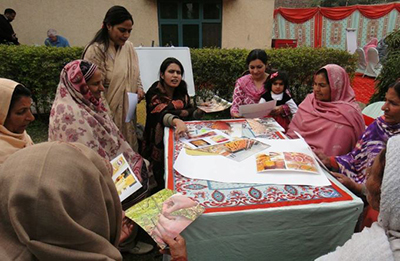 Pakistan’s Vision 2025 focuses on ending the discrimination faced by women, and providing an enabling environment for them to realize their full potential and make their contribution to the socio-economic growth of the country. Vision 2025 states:
Pakistan’s Vision 2025 focuses on ending the discrimination faced by women, and providing an enabling environment for them to realize their full potential and make their contribution to the socio-economic growth of the country. Vision 2025 states:
"No nation can develop by keeping half of its population outside the development cycle."
"We fully realize that gender equity and women’s development hinges very strongly on a woman’s independence to pursue economic growth and exercise her life choices freely."
In agriculture, women make up 39 percent of Pakistan's paid labour force. However, they are unable to make an equivalent contribution to the economic well-being of their families, communities or country. This is because, compared to men, women have lower rates of wages, labour force participation, literacy, political participation, and household headship. Their health status is also lower, including nearly 50 per cent of rural Pakistani women and children being malnourished. As the Vision 2025 states:
"Pakistan ranks 123rd in the world on the Gender Development Index, even lower than its Human Development Index ranking, indicating that the access to opportunities, resources and benefits between men and women are skewed."
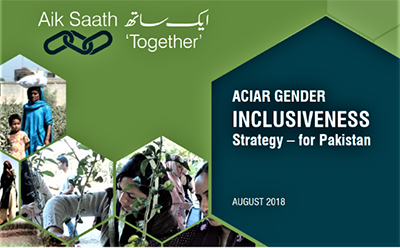 ACIAR has a strong commitment to supporting the Pakistan government in addressing Pillar I of Vision 2025 - People First: Developing social and human capital and empowering women. This is captured in the Aik Saath goal, that:
ACIAR has a strong commitment to supporting the Pakistan government in addressing Pillar I of Vision 2025 - People First: Developing social and human capital and empowering women. This is captured in the Aik Saath goal, that:
Rural poor, particularly women, living in the Punjab and Sindh, significantly and equitably benefit from improvements in strategic value chains.
This support involves more than doing social science research - although this is a key element of ACIAR's research program in Pakistan. Such research can identify the needs and priorities of women, men and youth in smallholder families.
This may uncover more equitable and productive ways for women to engage in farm and value chain activities, ranging from production to postharvest, processing or marketing roles. For example, research has shown that women are better equipped than men to build trusting relationships beyond their close family. This in turn can enable collaborative marketing with greater market leverage.
Just as important is to recognise gender perspectives at all times and in all places – on farm, along the value chain, as well as in project teams and partner organisations. This "mainstreaming" of gender perspectives is a challenge, given the many different individuals and partners involved in a typical ACIAR project.
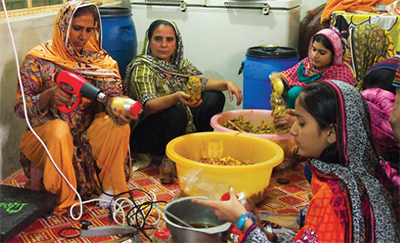 To address this, members of Aik Saath project teams and the ACIAR Country Office developed a Gender Inclusiveness Strategy. This Strategy is NOT designed to turn everyone into a social scientist. Rather, it recognises that interdisciplinary research requires specialist social science skills PLUS a continual learning approach by all participants, so that:
To address this, members of Aik Saath project teams and the ACIAR Country Office developed a Gender Inclusiveness Strategy. This Strategy is NOT designed to turn everyone into a social scientist. Rather, it recognises that interdisciplinary research requires specialist social science skills PLUS a continual learning approach by all participants, so that:
- All team members should have the awareness and knowledge to:
- recognise the limits of their own expertise and
- be competent and empowered to consult with specialist advisors.
- Specialists within each team are enabled to provide oversight and guidance that contributes to improving the expertise of non-specialist team members.
- Further consultation and training is available from other team and external specialists as required.
The resources below link to more detail about the Aik Saath Gender strategy and ACIAR’s broader approach to gender inclusion. There are also relevant resources from past and current projects.

